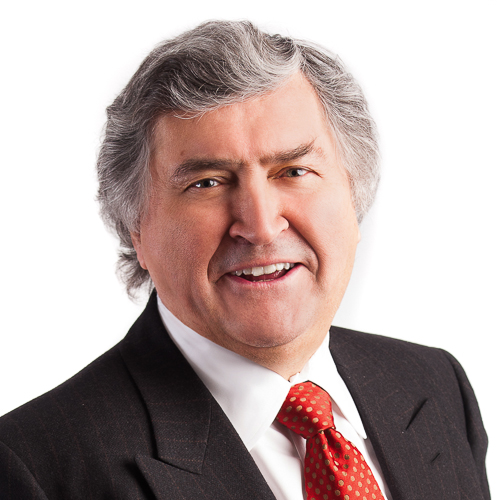There are many heroes in the present global struggle for religious freedom. Some report and publicize what is happening—either through detailed sociological surveys or through first-hand reports from sometimes dangerous frontlines. Others in the political arena seek to shape laws, policy, and executive action to defend or increase religious freedom. Still others work directly to alleviate the suffering of those who are persecuted. Most of all, some face their persecution with courage and dignity.
But relatively few combine so many of these roles. One who does is Caroline Cox, Baroness Cox of Queensbury. With the exception of being directly persecuted herself, though threatened by many governments, she has for decades bravely and with grace fulfilled all these roles.
This is one reason that it is so welcome to see an excellent, new, and updated portrait of her life, Baroness Cox: Eyewitness to a Broken World (London: Monarch, 2021), by Lela Gilbert, a frequent contributor to Providence.
I first met Lady Cox in the United Kingdom in, I think, 1988, in meetings on school choice. One of the major issues then was how to rein in Yusuf Islam, formerly the well-known singer Cat Stevens, whose Wahhabi views were causing friction among Muslims and others. She was at that point already doing extensive relief work in Poland, Romania, and the Soviet Union, and had been made a baroness for her work in battling with and writing about Marxist thugs in the Polytechnic of North London.
Subsequently, she was invited by Yelena Bonner, the widow of the great Soviet dissident and physicist Andrei Sakharov, to a meeting in Moscow on human rights. There, amongst many other things, she learned what was happening in the Caucasus, in the Armenian-majority region of Nagorno- Karabakh, which Stalin had carved out of Armenia and placed in neighboring Azerbaijan. Nagorno-Karabakh was under dreadful siege by Azeri armed forces.
This launched her into a mission of addressing religious persecution, which took her from Eastern Europe into the Caucasus, and then to Sudan, North Korea, Indonesia, Myanmar, Nigeria, Syria, and beyond.
To this work she has brought a myriad of knowledge and skills. One of these is that she is a nurse who is especially competent in addressing those ill or wounded in combat situations. She is also an honorary vice president of the Royal College of Nursing and an honorary fellow of the Royal College of Surgeons. When in Nigeria, or in Thailand in the camps of those fleeing the Myanmar military, or illegally in Myanmar itself, she has helped treat and heal those or were ill or injured.
Then back home in the UK, she can speak not merely on what diplomats, sometimes shielded in embassies and consulates, and non-governmental organizations had to say but can report directly in Parliament on what she saw in South Sudan, Nigeria, or Syria—that this is what she saw and this is what she heard. “I can tell you who was being shot and who I was holding in my arms less than 48 hours ago.”
The baroness makes her parliamentary speeches in the House of Lords, which in practice has little influence over legislation. But it does get the attention of the government and can spur it to action. It also provides an amplifier for the press. It gets attention.
In fact, the next time I was privileged to meet her was in South Sudan in 1994, then not a country but attempting to break away from the then viciously repressive Sudanese government. We were each due to speak at a gathering of the Sudan People’s Liberation Front and Army. I heard her give a wonderful speech, but my strongest memory is from the next morning when we were awakened about 6:00 am by radios throughout the village. They were all tuned to the BBC World Service, and the one being interviewed from a few huts down was Baroness Cox. The world was hearing about what was happening in this remote African village.
As this new edition of Baroness Cox: Eyewitness to a Broken World shows, she is not slowing down, and her recent ventures take several additional chapters to describe.
She still travels repeatedly to South Sudan, now an independent country but one that is wracked by political and tribal conflict. The persecuted, the homeless, and the refugees in Syria have drawn her to work there. She is also deeply involved in Nigeria, now the site of the greatest slaughter of Christians in the world. The outbreak of renewed war and aggression by Azerbaijan in September 2020 has drawn her back to Armenia and Nagorno-Karabakh.
Not content merely to battle monsters abroad, she has been a fervent advocate for Muslim women in the UK who are trapped in non-legal “marriages” in which they have no rights and are frequently abused. This has led to parliamentary inquiries and pending legislation.
Her chief motivation in this work is her profound Christian faith, and she holds that “faith without deeds is dead; love without action is dead.” Though now in her eighties, she is not slowing down, so there might need to be a further updated lively biography of this remarkable woman.






